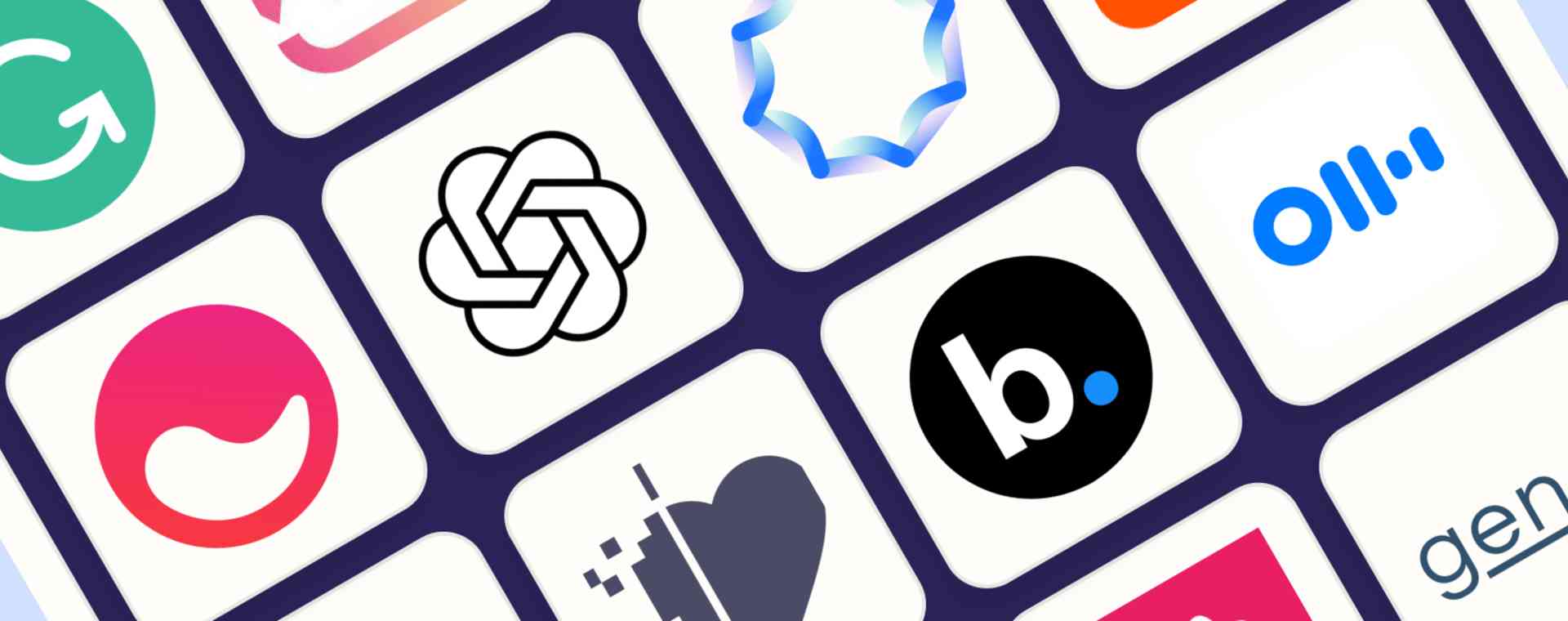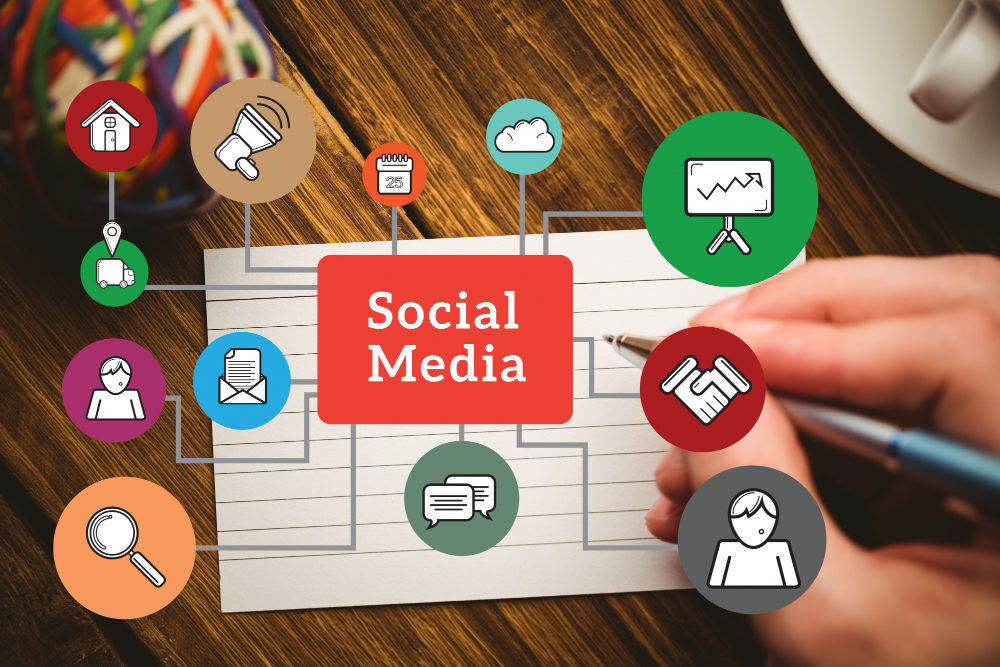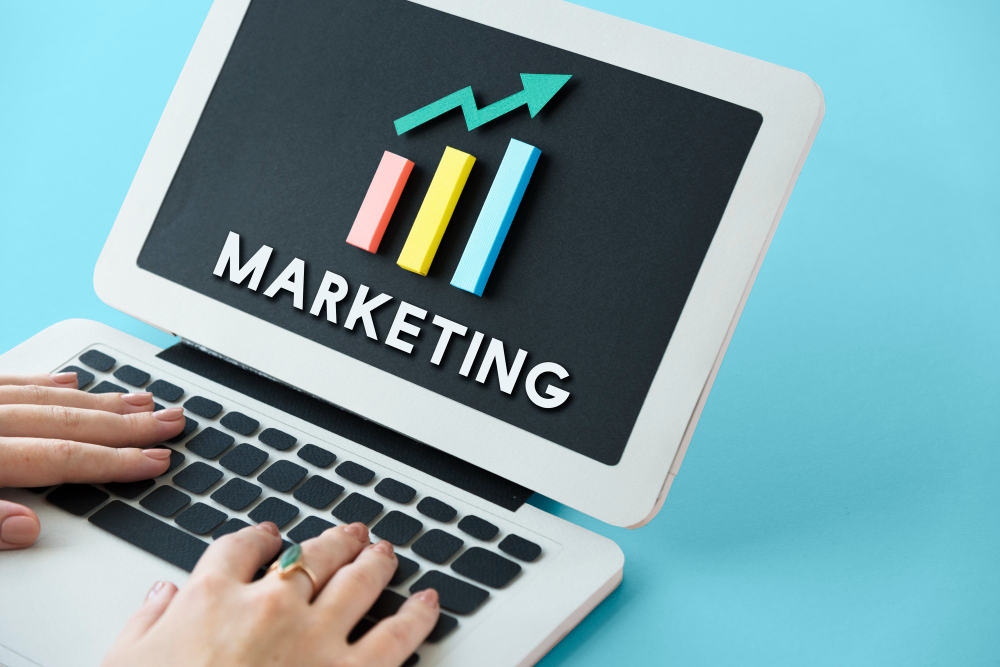Introduction
Artificial Intelligence (AI) is revolutionizing the field of digital marketing, empowering businesses to optimize their strategies, enhance customer experiences, and achieve significant results. In this article, we will explore the role of AI in digital marketing and how it is reshaping the way businesses connect with their audience and drive growth.
Understanding Artificial Intelligence
What is Artificial Intelligence?
Artificial Intelligence refers to the simulation of human intelligence in machines, enabling them to perform tasks that typically require human cognitive abilities. AI systems are capable of analyzing data, learning from patterns, making predictions, and automating complex processes.
The Growth of AI in Digital Marketing
AI has witnessed remarkable growth in the digital marketing landscape. Its applications range from data analysis and customer segmentation to personalized recommendations and chatbots. The integration of AI technologies in marketing strategies has become a competitive advantage for businesses.
The Role of AI in Digital Marketing
1. Data Analysis and Insights
AI enables marketers to analyze vast amounts of data quickly and extract valuable insights. Machine learning algorithms can identify patterns, trends, and correlations within data, providing marketers with actionable information to optimize their strategies and improve decision-making.
2. Personalization and Customer Experience
AI-powered personalization allows marketers to deliver tailored experiences to individual customers. By analyzing customer behavior, preferences, and purchase history, AI algorithms can provide personalized product recommendations, targeted advertisements, and customized messaging, enhancing the overall customer experience.
3. Chatbots and Customer Service
AI-powered chatbots provide instant customer support and assistance. These virtual assistants can handle a wide range of customer inquiries, providing accurate and timely responses. Chatbots not only improve customer service but also save time and resources for businesses.
4. Predictive Analytics and Forecasting
AI algorithms can predict future trends and outcomes based on historical data. Marketers can leverage predictive analytics to forecast customer behavior, identify potential leads, and optimize their marketing campaigns for better results.
5. Content Creation and Curation
AI technologies can automate content creation processes, generating human-like articles, blog posts, and product descriptions. AI can also curate and recommend relevant content to users, improving content discovery and engagement.
6. Voice Search and Natural Language Processing
AI-powered voice assistants and natural language processing technologies have transformed the way users interact with search engines and devices. Marketers can optimize their content and strategies to align with voice search queries and provide conversational experiences to their audience.
7. Ad Targeting and Optimization
AI algorithms can analyze user behavior, preferences, and demographics to deliver highly targeted advertisements. Marketers can optimize their ad campaigns by leveraging AI-powered tools for audience segmentation, retargeting, and dynamic ad placements.
Conclusion
Artificial Intelligence is reshaping the landscape of digital marketing, offering businesses new opportunities to engage with their audience and drive meaningful results. By leveraging AI technologies for data analysis, personalization, customer service, predictive analytics, content creation, voice search optimization, and ad targeting, businesses can stay ahead of the curve and achieve their marketing objectives. Embrace the power of AI in digital marketing and unlock the potential for growth and success in the ever-evolving digital landscape.
FAQs (Frequently Asked Questions):
- How does AI help businesses gain a competitive advantage in digital marketing?
- Can AI completely replace human marketers?
- How does AI enhance the customer experience?
- What are the key considerations when implementing AI in digital marketing strategies?
- Is AI accessible for small businesses or startups with limited resources?
- Are there any ethical concerns or risks associated with the use of AI in digital marketing?
- How can AI-powered chatbots improve customer service and support?
- What are some successful examples of AI implementation in digital marketing?










